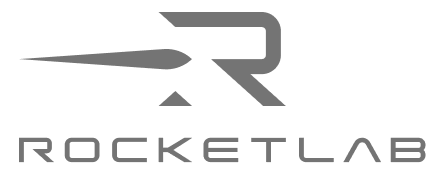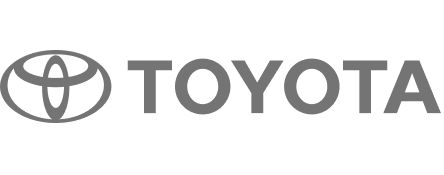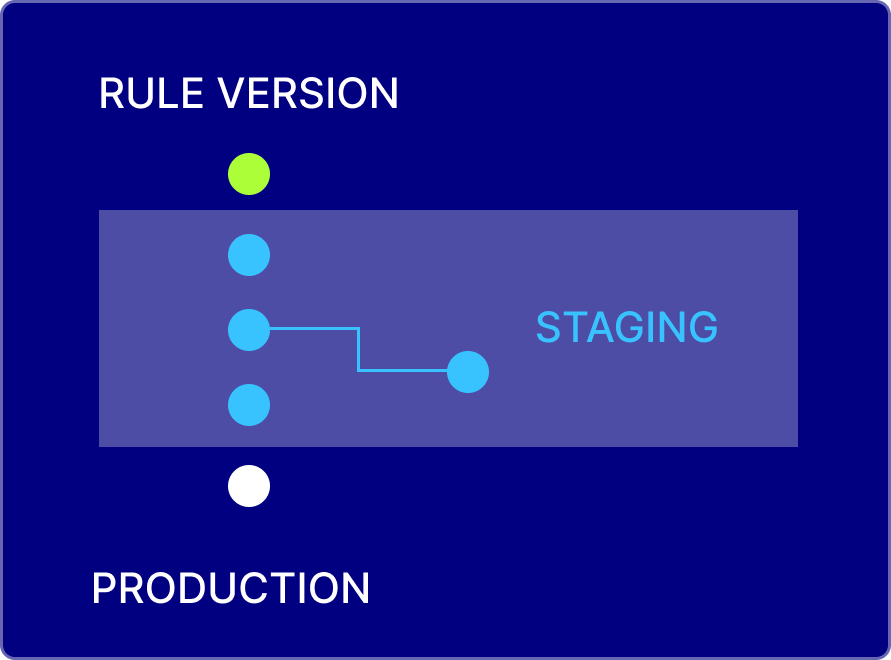PerfectPart
Supply chain model for industry-wide efficiency
PerfectPart algorithms process complex variables to drive intelligent decisions across the supply chain.

























Built by automotive veterans and world-class engineers from companies like:












How it works
AI delivering optimised decisions at scale
PerfectPart transforms unstructured data into actionable intelligence. The decision model continuously learns from each transaction to improve decision quality.
Orchestrate data sources
Unify historical and real-time data into a structured dataset. AI processes massive data volume for intelligent decision-making.

Configure rules engine
Define the constraints and preferences that govern how decisions are made.

Target strategic outcomes
Select the business objectives the engine optimises for, balancing competing priorities.

Maximum rules flexibility
PerfectPart puts you in complete control to tune rules and update targets in real-time.
"rules": [
{
"name": "Site rules (RYE005 + OEM requirement)",
"preconditions": [
"site.business_id == 'RYE005'",
"contains(['Toyota', 'BMW', 'Mercedes'], vehicle.make.name)",
"part.supply_type.New != 'Genuine'"
],
"outputs": {
"outcome": "'DISALLOW'",
"reason": "'Site policy requires OEM for these manufacturers'"
}
},
{
"name": "Warranty rule: under 30 months => OEM only",
"preconditions": ["vehicle.age_months <= 30", "part.supply_type.New != 'Genuine'"],
"outputs": {
"outcome": "'DISALLOW'",
"reason": "'Under manufacturer warranty, must use OEM'"
}
},
]

Built for the complexity of auto parts
PerfectPart leverages Partly Interpreter, the world’s first and only foundation model purpose-built for automotive parts. Unlike generic AI solutions adapted for our industry, this is ground-up intelligence trained on years of curated parts data, natively understanding assemblies, supersessions, cross-references and the complex dependencies that drive procurement decisions.

Use Cases
Explore how businesses across the parts supply chain use PerfectPart
From parts procurement to demand forecasting, businesses integrate PerfectPart via API or leverage it through Partly's pre-built products.
MSOs
Parts sourcing involves balancing dozens of variables across multiple sites.
PerfectPart eliminates manual decision-making by automatically processing business rules, supplier relationships, and real-time data to recommend the most optimal basket of parts for each order.
Distributors
Suppliers face constant decisions about what to stock, where to stock it, and which customer relationships to prioritize.
PerfectPart analyzes transaction data, demand patterns, and fulfillment performance to provide visibility into what the market needs and where.
Fleets
Fleet operators face unpredictable annual parts budgets due to fragmented supplier networks and inconsistent procurement policies, with little visibility into maintenance costs per vehicle. PerfectPart automates manual procurement tasks and provides cost intelligence, reducing operational overhead while enabling accurate budget forecasting.


